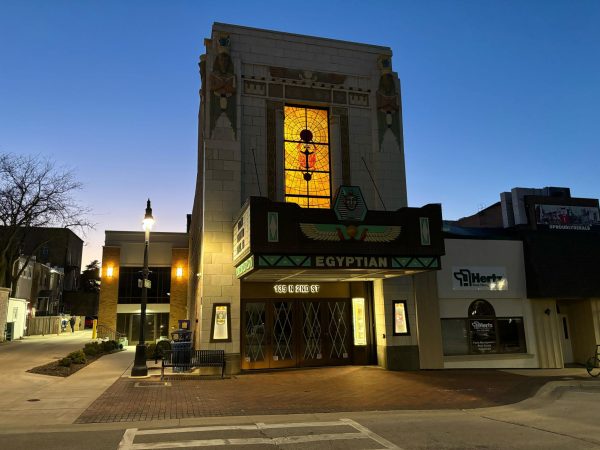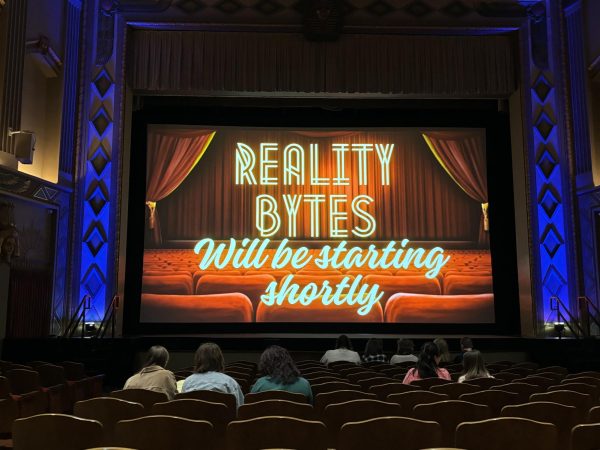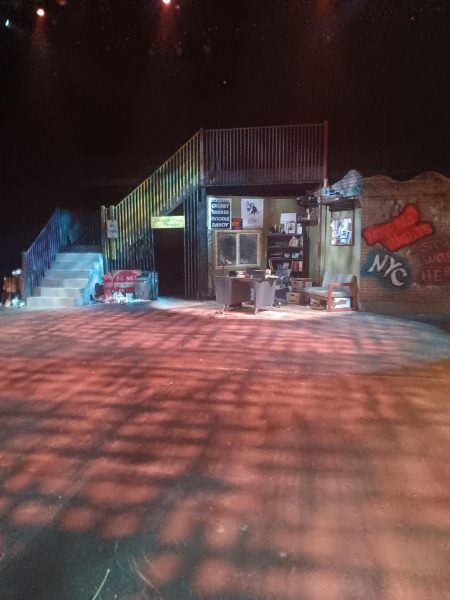“Revolutionary Road” paints captivating portrait of suburban American life
January 15, 2009
There’s a scene near the end of Sam Mendes’ “Revolutionary Road” where Leonardo DiCaprio and Kate Winslet are involved in an emotionally paralyzing shouting match at point-blank range. The two go back and forth making unbridled accusations until finally one erupts with tears while the other storms out of the house.
This scene, marking the reunion of DiCaprio and Winslet a decade after “Titanic,” solidifies the pair as the two greatest actors of our generation.
Living the generic suburban lifestyle in the 1950s is straining the Castles’ relationship. Frank (DiCaprio) earns a modest wage as a vacuum parts salesman but longs to regain the individual happiness he seemingly gave up the moment he said “I do.”
His trophy wife (Winslet) is unhappy, stuck in her mundane role as matriarch and spontaneously suggests they pack up the kids and move to Paris.
Paris is more than just a new destination for the Castle family to live, it’s the notion that the seductive atmosphere will replace the feelings of emptiness and disdain with the synergy every family craves.
The back-and-forth struggle between husband and wife is normally more generic than a product from Aldi, however, working from a script by Justin Haythe, Mendes is able to let the usually tired prompt become something so much more.
The constant tug between siding with either Frank or April puts the viewer in a terribly awkward position.
You must choose and sympathize with one character or the other; there’s no way around it.
Using the all-too-familiar backdrop of suburbia, “Road” is one of the darkest and depressing two hours of the year. Any preconceived ideas from “Leave It To Beaver” of a happy family in a 1950s suburb is completely erased. Sure, there may be housewives in pearls, but June Cleaver never spouted monologues about abortion.
The film runs the proverbial, emotional gamut with brute force. One second it seems that love really can conquer all, but before you can feel your heart lift, marriage is portrayed as a never-ending, miserable ride where you luck out when you die.
Viewers are essentially paying ten bucks only to come out feeling emotionally drained afterwards.
“Revolutionary Road” doesn’t even attempt to conclude on a positive note, leaving the open ending in the hands of those that view it.
It’s a testament to quality films in an age where superheroes and vampires reign supreme, making it easily one of the better films of last year.










